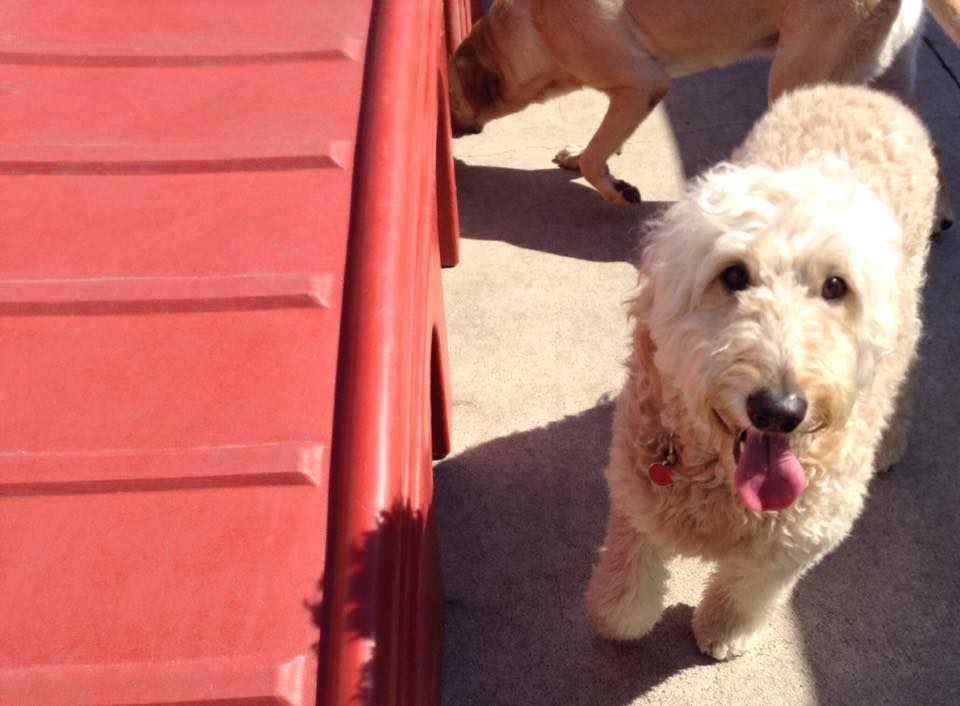Blog Why Does Your Dog Have Bad Breath?
Everyone knows what bad breath is. You smell it when your dog comes to greet you with a kiss. Also known as Halitosis, bad breath is the build up bacteria in your dog’s mouth. Bad breath is an indicator that your dog may need dental care. Bad breath is also an indicator of problems in the gastrointestinal tract, liver, or kidneys.
Causes of Bad Breath
The most common cause of halitosis in dogs is dental or gum disease. Small dogs more so than big dogs are prone to plaque and tartar, which encourages bad breath.
A persistence of bad breath may be a more severe sign of a medical problem relating to the mouth, respiratory system, gastrointestinal tract, or organs. Your dogs diet can also be the culprit of bad breath.
Determining the Cause of My Dog’s Bad Breath
Your vet can help identify the cause of your dog’s bad breath. Your vet may give your dog a physical exam and lab work along with asking you a variety of questions to help pinpoint the issue if there is an underlying issue.
Treating Bad Breath
The treatment of bad breath is determined by the diagnosis from your vet. If the bad breath is caused by plaque build up, which is the most common, then your vet will request a professional cleaning for your pup.
If your dog’s diet is causing the bad breath then changing your dog’s food could ward off the problem. Don’t forget change your dog’s food the proper way.
If it’s a more sever underlying issue such as liver or kidney then consulting with your vet is recommended. Your vet can guide you on the proper steps to take for treatment.
Preventing Bad Breath
Bad breath can be prevented no matter the age of the dog. Don’t think that because your dog is older that his bad breath is given. With the proper oral care throughout their lifespan your dog can maintain fresh breath as long as it is not a more severe medical condition.
- Annual check-ups to the vet
- Feeding your dog a high-quality, easy to digest food is preferred
- Brush dogs teeth frequently – Yes, dogs need their teeth brushed too.
- Hard, safe chew toys that encourage natural teeth cleaning
- Treats designed to improve dog’s breath
Keep in mind that these steps will help cover up the bad breath. If there is an underlying issue with why your dog is receiving bad breath then it will not treat the underlying problem. For any questions please consult your vet as soon as possible.

